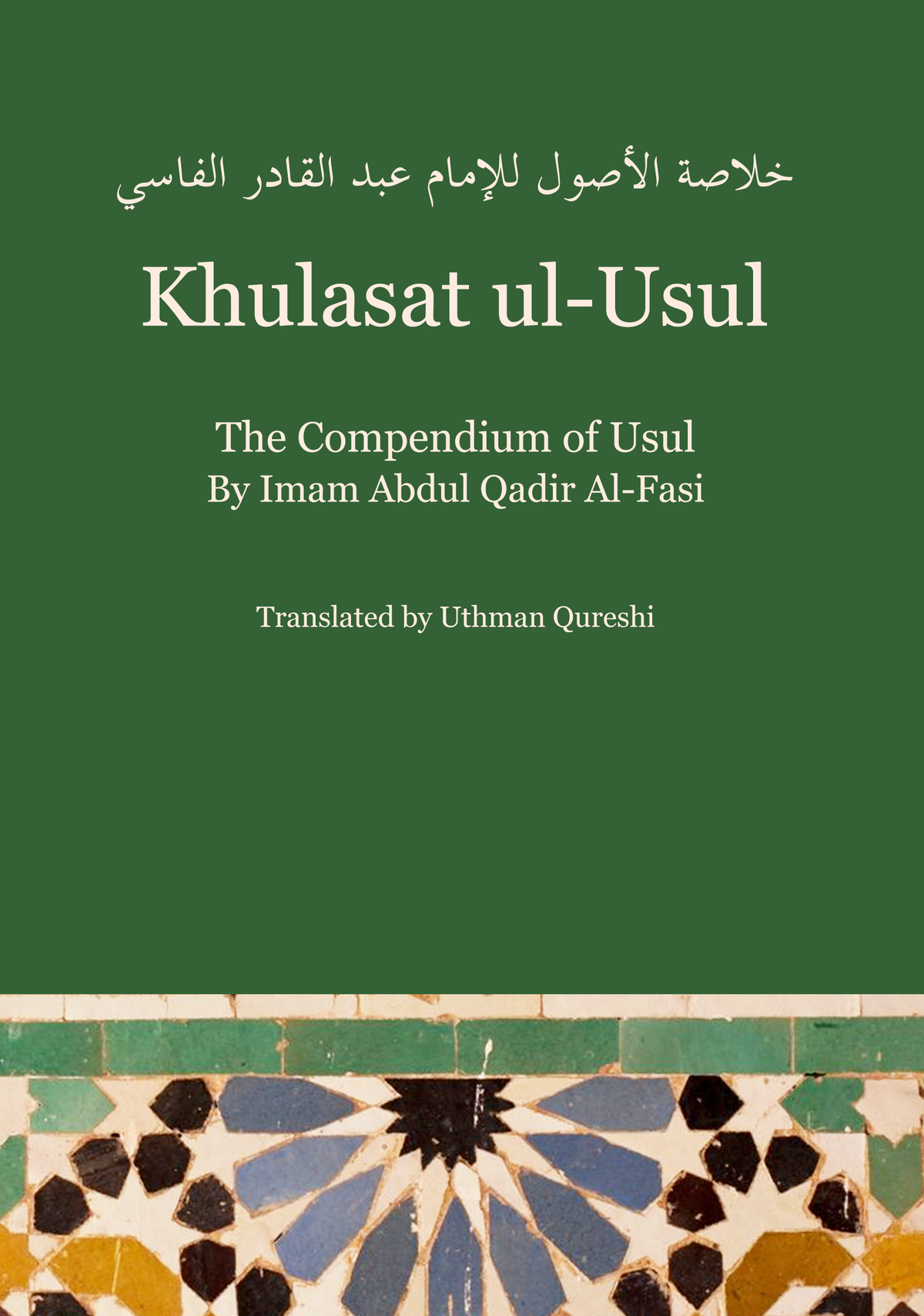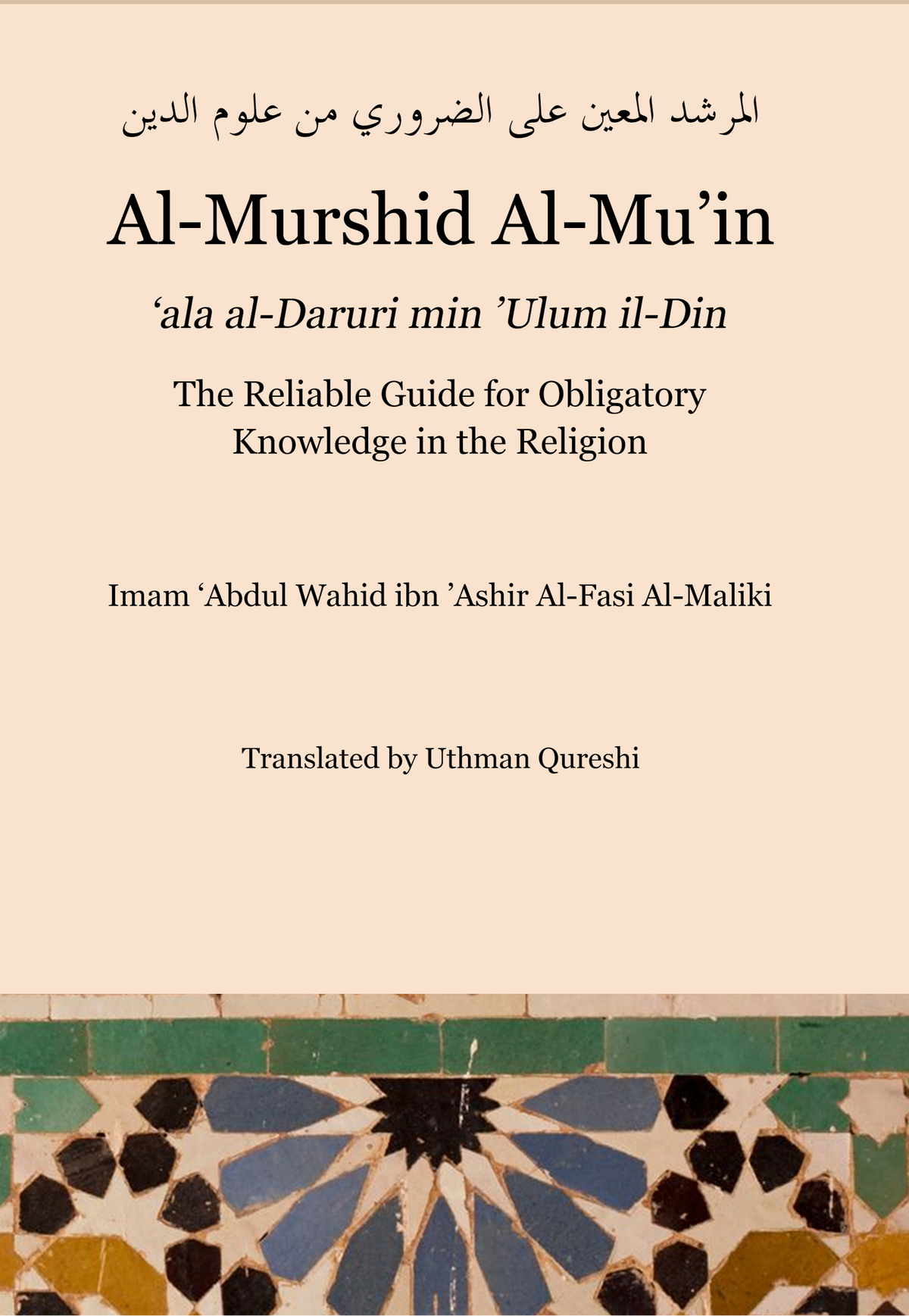In Usul ul-Fiqh, there are two types of rulings: rulings of legal accountability, and rulings of stipulations. Imam Al-Sanusi mentions in his Muqaddimat (translated fully here):
"A legal judgement: is the Address of Allah pertaining to the actions of the legally accountable by a request, permission, or a stipulation for either of them."
He then goes on to define rulings of legal accountability that are requests and permissions to be the five rulings of the Shari'ah that most people are already familiar with:
- Obligations
- Prohibitions
- Recommendations
- Disliking
- Permission
These are usually straightforward to understand. Many students have difficulty understanding the other category of rulings, which are rulings of stipulation. Imam al-Sanusi defines them as:
"As for a stipulation: it is defined as the Lawgiver appointing something as an indicator for a ruling from those [five] rulings. It is either a cause, pre-condition, or preclusion."
In order to explain rulings of stipulation in more detail, I have included an outline for students of Usul ul-Fiqh to explain the three rulings of stipulations that are agreed upon: the sabab, shart, and mani'.
Three types of Hukm Wad’i (Rulings of Stipulation)
- Sabab
Sabab (impetus): what necessitates from its existence another existence, and from its absence another absence, intrinsically.
Two types:
- If the sun is there, then dhuhr is owed.
- If the sun is not there, then dhuhr is not owed.
- If intoxication is there, then the prohibition is there.
- If intoxication is not there, then the prohibition is not there.
- Shart
Shart (precondition): what necessitates from its absence another absence, but its existence does not necessitate an existence, nor does it necessitate an absence, intrinsically.
Like Wudu’:
- If someone does not have Wudu’, then their prayer is invalid.
- If someone does have Wudu’, it doesn’t mean that their prayer is valid.
- If someone does Wudu’, it also doesn’t mean that the prayer is not valid.
- Maani’
Maani’ (preclusion): what necessitates from its existence an absence, but its absence does not necessitate an absence, nor does it necessitate an existence, intrinsically.
Like a woman on her period:
- If someone is on her period, then the validity/obligation of prayer is also not there.
- If someone is not on her period, then it doesn’t mean that the validity/obligation of prayer is there.
- If someone is not on her period, it also doesn’t mean that the validity/obligation of prayer is not there.
And Allah knows best.




